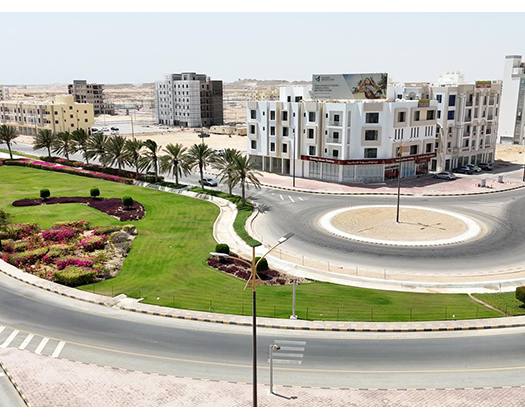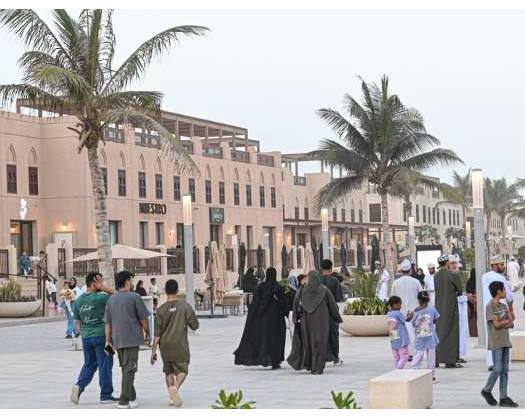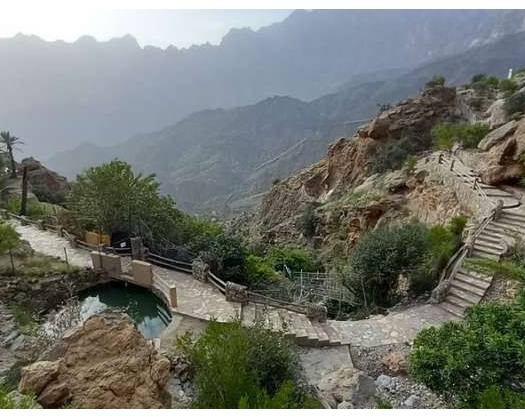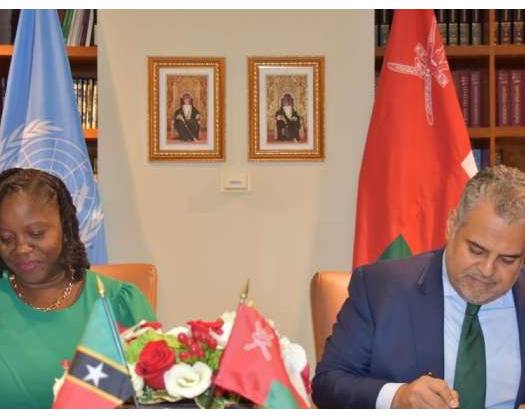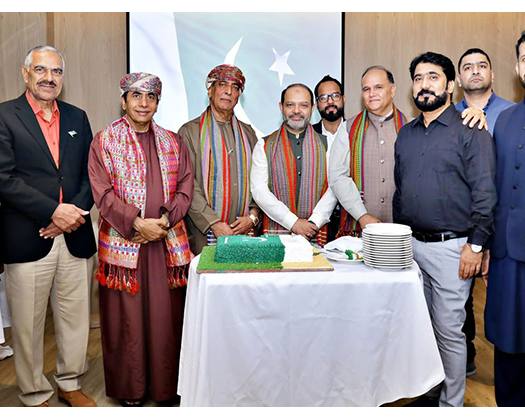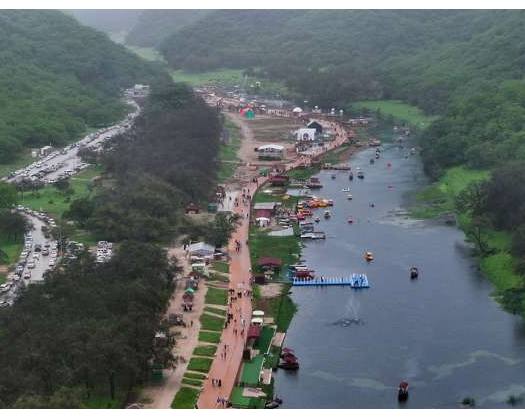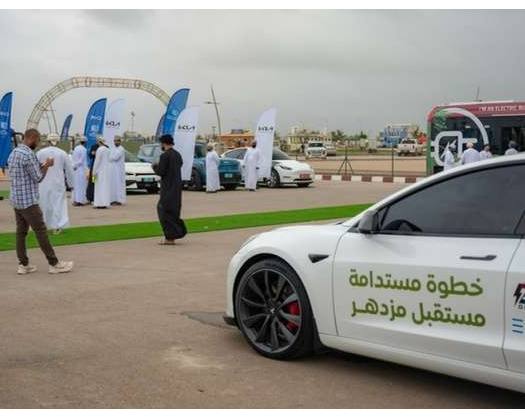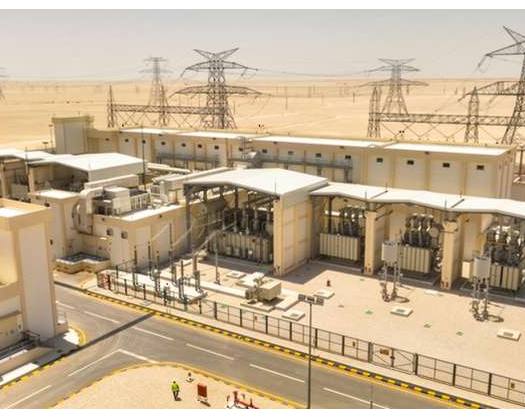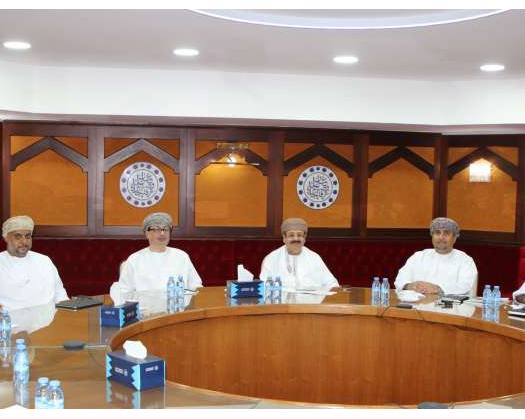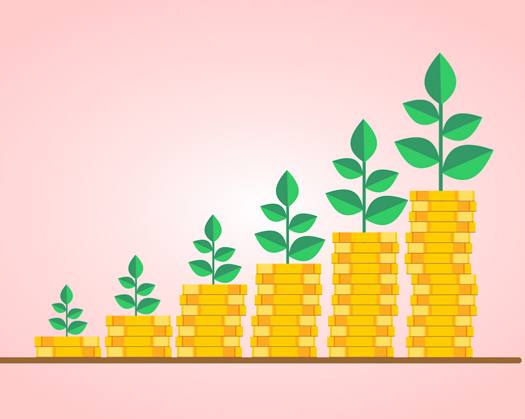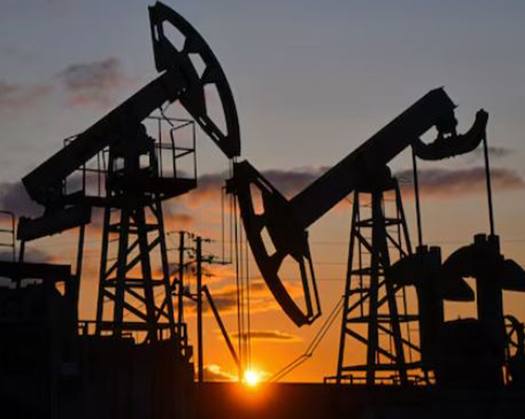Duqm: Between 2015 and mid-2025, the Duqm Special Economic Zone (SEZAD) conducted complete afforestation and green space expansion plans, resulting in a qualitative change in the environmental and aesthetic landscape. Despite its desert character and hot climate, these initiatives have made the city a more livable, work-friendly, and investment-attractive place.
During the preparatory phase (2015-2021), 3,414 trees were planted and 24,760 square meters of green space were established. Modern irrigation systems were installed at several plantation locations, and initiatives were launched to connect these sites to treated wastewater networks. This allowed for the reuse of treated water, decreased fresh water consumption, and reduced operational expenses. Works included greening major roads such as Sultan Said bin Taimur Street, Sai Street, and the Tourist Street.
The first phase (2021–2025) saw substantial growth, with 8,398 trees planted and 24,144 square meters of green spaces constructed, all with modern irrigation systems. Duqm's first agricultural nursery was built on a 5,000-square-meter property to produce thousands of seedlings each year to support afforestation programs, replace damaged trees, and promote green projects. Projects included important locations such as Sultan Qaboos bin Said Street, Airport Street, the Sai commercial area park, and the beach park in the tourism zone.
As a result, a total of 11,812 trees and nearly 48,904 square metres of green spaces have been planted during the two phases, with an implementation cost of approximately OMR4. 4 million.
According to Eng. Ibrahim bin Zahir AlRawahi, Head of the Landscaping and Gardens Department at SEZAD, these initiatives are part of a larger goal to extend green areas and improve the quality of life in Duqm.
The project seeks to enhance the local climate, decrease the impact of sand-filled winds, give a natural recreational outlet for inhabitants, visitors, and investors, and encourage environmental sustainability by utilizing treated wastewater for irrigation.
He said that the next step would include bigger-scale greening projects and the connection of more locations to sustainable irrigation systems, cementing Duqm's position as a contemporary, fully serviced city with an appealing residential and investment climate.
He emphasized that extending green areas not only improves the local environment, but also adds to Duqm's attractiveness as a prospective tourist and investment hub.
Parks and landscaped spaces provide safe and comfortable venues for family activities and community events, while also assisting in the development of tourism and hospitality projects in the region—demonstrating the merging of urban planning with environmental sustainability.
These achievements highlight Duqm's desire to turn its surroundings into a sustainable green oasis that provides natural areas and improves the quality of life for inhabitants and visitors.

